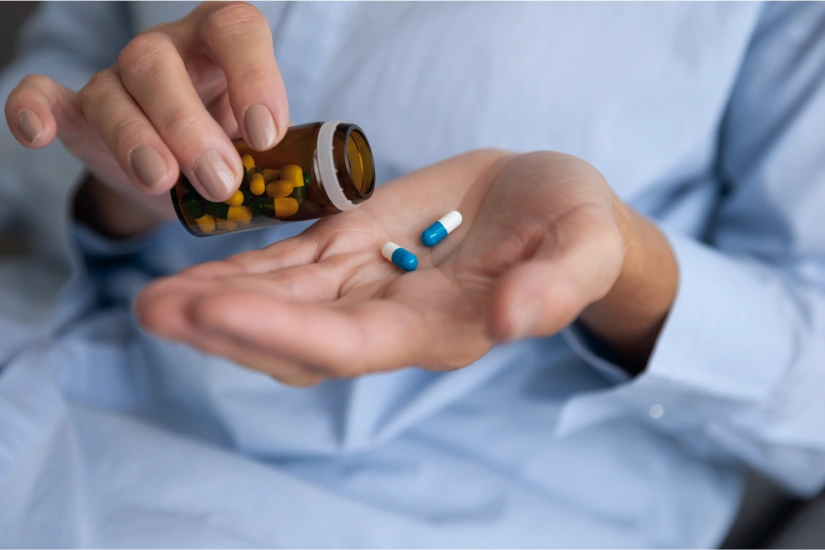24/7 Helpline:
(866) 899-221924/7 Helpline:
(866) 899-2219
Learn more about Oxycodone Detox centers in Phippsburg
Oxycodone Detox in Other Cities

Other Insurance Options

Anthem

Carleon

Kaiser Permanente

AllWell

EmblemHealth

Molina Healthcare

Highmark

Choice Care Network

Regence

Lucent

BlueCross

State Farm

Premera

Evernorth

Magellan

PHCS Network

Covered California

MVP Healthcare

GEHA

WellPoint








The Counseling Center
The Counseling Center at Clark (in Union County) now offers a full program of outpatient substance a...





























Mind Springs Health
Mind Springs Health, located in Steamboat Springs, Colorado, is an alcohol and drug rehab center tha...

Yampa Valley Psychotherapists
Yampa Valley Psychotherapists mainly provides outpatient counseling and therapies for people struggl...

Routt County Alcohol & Drug
Routt County Alcohol & Drug is a private rehab located in Steamboat Springs, Colorado. Routt County ...

The Foundry Treatment Center – Residential
The Foundry Treatment Center - Residential is an adult, long-term, addiction treatment provider offe...

The Foundry Treatment Center – Alpine Plaza
The Foundry Treatment Center - Alpine Plaza is an adult, long-term, addiction treatment provider off...

The Foundry Treatment Center
The Foundry Treatment Center is an adult, long-term, addiction treatment provider offering a full co...

HBA Rehabilitation
HBA Rehabilitation is a private rehab located in Clark, New Jersey. HBA Rehabilitation specializes i...

ARO Counseling Centers
ARO Counseling Centers is a private rehab located in Oak Creek, Wisconsin. ARO Counseling Centers sp...


























